May 28, 2025 | 12:56 GMT +7
May 28, 2025 | 12:56 GMT +7
Hotline: 0913.378.918
May 28, 2025 | 12:56 GMT +7
Hotline: 0913.378.918
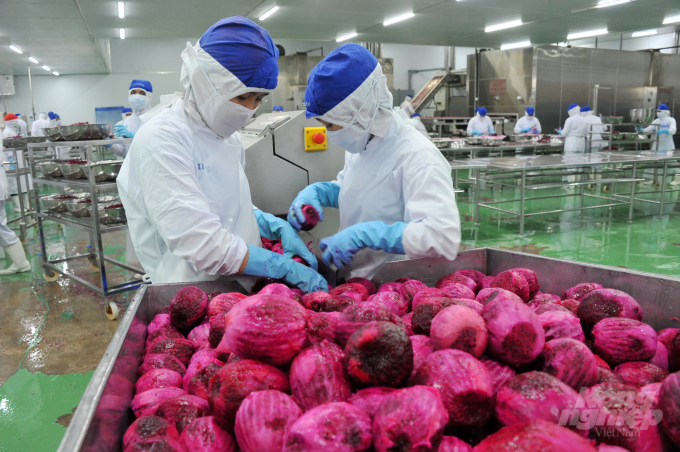
Vietnamese dragon fruits are inspected more frequently when exported into Europe.
The European Commission (EC) published Regulation (EU) 2021/2246 on December 15 amending Implementing Regulation (EU) 2019/1793 on the contemporaneous adoption of official and urgent control measures on certain agricultural items imported into the EU.
On a certain level: Based on recent EU member inspections of Vietnamese dragon fruits imported into the EU market for pesticide residue contamination, the European Commission decided to raise the frequency of testing for Vietnam's dragon fruit imports to 20% - a 10% increase over the November 15 announcement.
According to the EC, dragon fruit is the only agricultural product that is subjected to a pesticide inspection check increase. Other agricultural items, such as coriander 50 percent, basil 50 percent, mint 50 percent, parsley 50 percent, okra 50 percent, and pepper 50 percent, are permitted to maintain their current inspection frequency.
The EC will review a list of foods and animal feeds of non-animal origin from selected third countries that will be temporarily subject to a temporary tightening of the primary control mechanism at border checkpoints to guarantee food safety over six months.
Vietnamese vegetable production and value exports to the EU have increased in recent years, with an annual growth rate approaching 20%. According to the Vietnam SPS Office, Vietnamese agricultural exports are reaping benefits from the European Union–Vietnam Free Trade Agreement (EVFTA).
Certain items, including passion fruit, longan, lychee, mangosteen, jackfruit, guava, spice vegetables, and sweet potato, rapidly established a foothold in the EU market. However, vegetables and fruits exported to the EU continue to face numerous difficulties and obstacles due to a lack of production synchronization and linkage, a lack of large-scale production areas to ensure both quality and stable supply, and a lack of large-scale production areas to meet export demand.
From January 6, 2022 (the twentieth day after publication in the Official Gazette), the higher inspection frequency for dragon fruits will be a problem for big dragon fruit granaries in Binh Thuan and Long An.
On December 24, the SPS Vietnam Office sent an announcement to the Plant Protection Department (MARD) and the Department of Science and Technology (Ministry of Industry and Trade), requesting that these units strengthen inspection and examination of producers.
"Reviewing the management chain's stages, identifying root causes and proposing corrective actions for Vietnam to seek the EU to rescind the measures specified in Regulation (EU) 2021/2246 in the coming time," the document reads.
Mr. Ngo Xuan Nam, Deputy Director of the SPS Vietnam Office, stated: "If relevant agencies operate aggressively, synchronously, and effectively, the SPS Vietnam Office will propose to the European Commission at the next six-month meeting to lower the frequency."
According to Mr. Nam, the EU market is increasingly focused on importing organic fruit and vegetable goods, adhering to stringent food safety and hygiene requirements, promoting social and environmental responsibility, and respecting corporate ethics.
As a result, a complete strategy for promoting Vietnamese agricultural exports to the EU must be devised, focusing on a new brand positioning for Vietnamese agriculture that is honest, responsible, and sustainable.
Along with dragon fruit, another Vietnamese product, instant noodles, has had its inspection frequency raised by 20%. Along with certain items from China, India, Malaysia, and Turkey, Vietnamese instant noodles may be contaminated with ethylene oxide. This conclusion is based on the RASFF system's message count.
Translated by Linh Linh
/2025/05/27/4731-2-223159_980.jpg)
(VAN) No votive paper, no styrofoam, no plastic bags, no plastic bottles, and no single-use plastic trays are the key rules tourists should keep in mind when visiting Con Dao.

(VAN) In the fight against plastic pollution, Vietnam has been demonstrating a proactive, pioneering, and active role in addressing the greatest environmental challenge today.
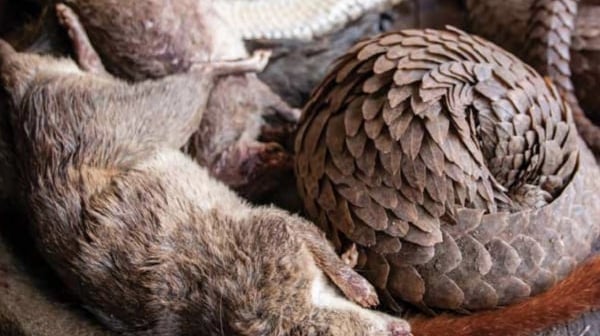
(VAN) The WOAH guidelines provide a vital tool for risk chain analysis, covering the extraction, transportation, consumption, and handling of confiscated wildlife.
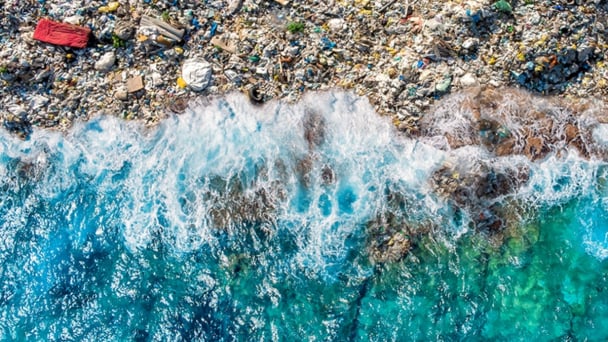
(VAN) World Environment Day 2025 is launched by the United Nations Environment Programme (UNEP) with the theme 'Beat Plastic Pollution'.
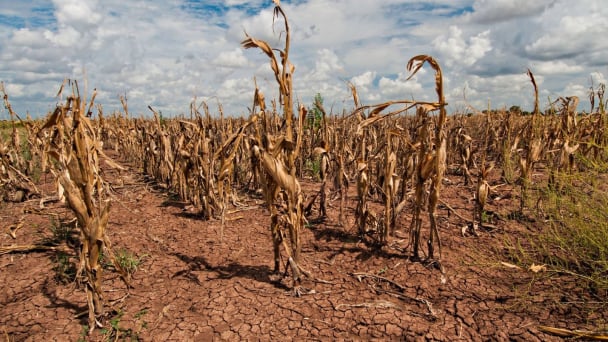
(VAN) As climate whiplash reshapes yields, experts say data-driven tools and targeted relief are critical to feed America.
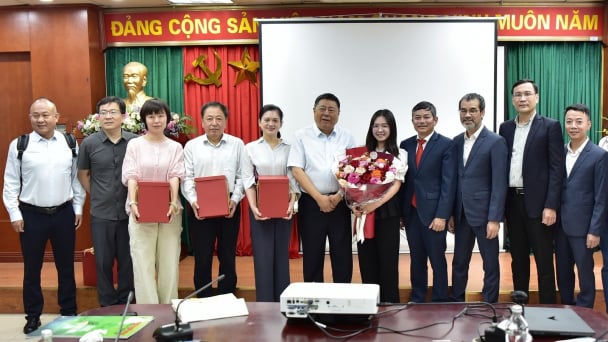
(VAN) The alignment in goals and operational direction between the Vietnam Agriculture and Nature Newspaper and Shaanxi Daily opens up promising prospects for journalism and media cooperation.
/2025/05/26/3422-3-102748_432.jpg)
(VAN) Prime Minister Pham Minh Chinh has been honored as the Distinguished ASEAN Leader at the ASEAN Leadership and Partnership Forum (ALPF) 2025 held in Malaysia, affirming Vietnam’s role and reputation.